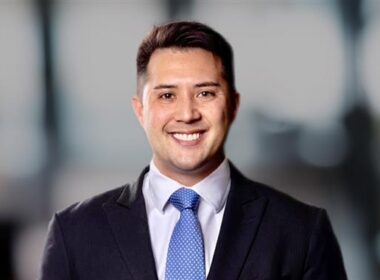LSJ Online asks Accredited Specialists why they embarked on the program and their advice to others who are considering applying. This month we speak to Elly Ashley, Accredited Specialist in Property Law.
Why did you undertake Specialist Accreditation?
I was six years post admission and wanted a challenge and to expand my knowledge in property law. I considered doing a masters, however thought the accreditation program would be more practical and useful, especially in the context of Property Law.
What did you gain from completing the Program and what did it teach you?
I believe I became a more well-rounded property lawyer as the Program made me research a number of different areas of Property Law that had not come up in my day-to-day practice.
What are the benefits of being an Accredited Specialist?
Being an Accredited Specialist has opened a number of doors for me. Firstly, it gave me the confidence to apply for the Law Society’s Property Law Committee which I have now been a member of since 2021. It also allowed me to sit on the Specialist Accreditation Committee for Property Law. I have met a number of talented practitioners through both the Property Law Committee and Specialist Accreditation Committee and have been able to network with these practitioners and believe that it has helped me stay up to date on legal changes and be a better practitioner as a result.
What changed for your after you achieved Specialist Accreditation?
Firstly, it gave me confidence and a sense of validation that I was an expert in my field. I also felt that it gave clients additional confidence in my skill level (especially new clients) which is important when you are a younger practitioner and where you maybe don’t have the same gravitas as an older colleague.
What is the best advice you would give to someone who is considering undertaking Accreditation?
It is a great and worthwhile time investment – however it is a time investment. I undertook the Accreditation process at a time of my life where I could dedicate a number of weekends to the course, particularly during the period we were required to complete the take home assessment. I would find this a lot harder now that I juggle child caring responsibilities and would likely need to take some annual leave to achieve the same result. Candidates who undertake the course really need to ensure they have adequate time to spend on the program, particularly during the take home assessment which I estimate takes between 40-50 hours to complete over a 3 week period. For anyone thinking of undertaking the Program I would suggest that they review the timetable and make sure that they can dedicate the time that is needed during the period of the take home assessment and leading up to the exam.




